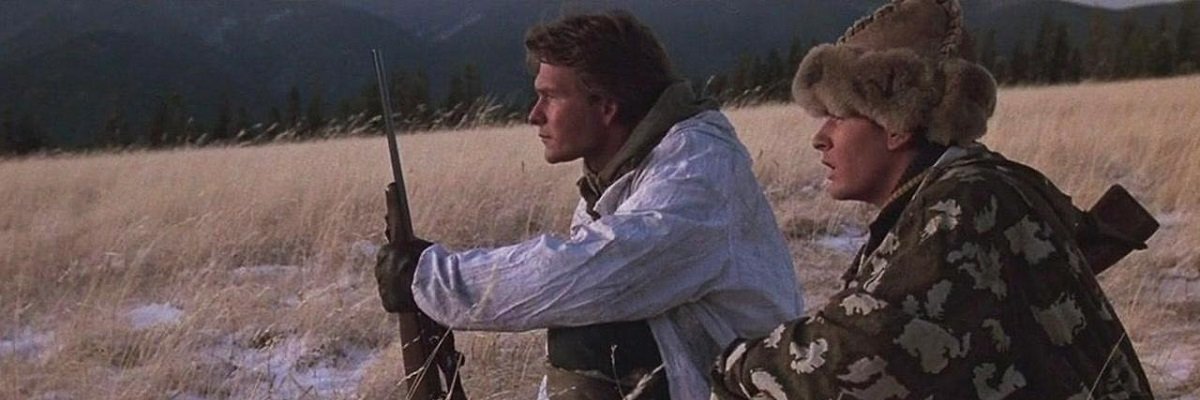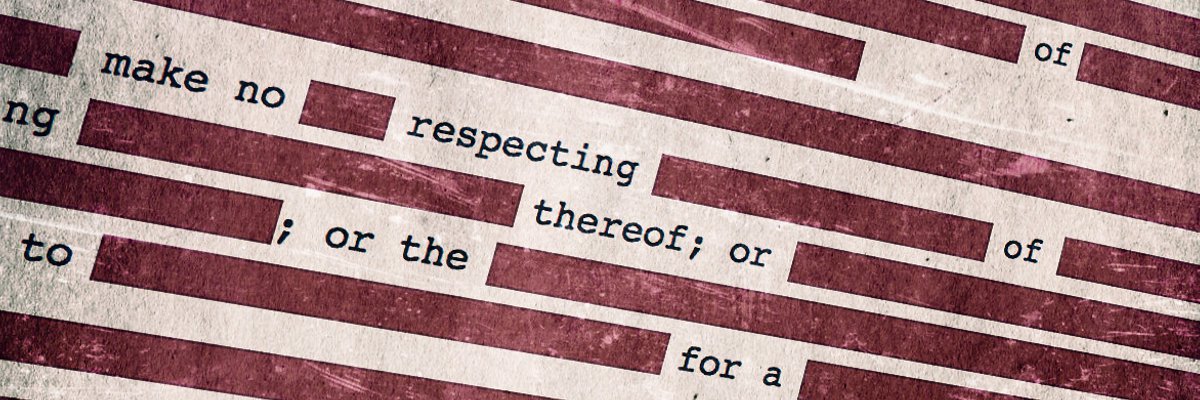During the Cold War, the FBI created a plan to develop a network of Stay-Behind Agents in Alaska, who would become active in the event of a Russian invasion, become the backbone for domestic operations. Buried in the Bureau’s file is a memo documenting how the plan was endangered in 1951 by loose lips and poor operational security

According to the memo, one of the Stay-Behind Agents who had been recruited by FBI Special Agent James Moreland, and a second individual whose name is redacted in the files, had been less than discreet about the arrangement. The Stay-Behind Agent, Gilliland, asserted that he had been recruited in the presence of another person who had been recruited into the program. Gilliland also suspected he knew the identity of another individual, and that people in general thought this was related to “a civilian defense program” initiated the previous year. This program would have involved food caches and helping people escape dangerous areas in the event of an invasion or other armed conflict.

After explaining the brief allegations that had been made by Gilliland, the memo spent several pages summarizing statements made by the FBI Special Agents in question and Special Agent-in-Charge (SAC) Williams. According to the three, the plan had originally been for the two Special Agents to travel separately. The extreme winter weather of Alaska in January proved too dangerous, and so the Agents chose to travel together for safety. Their supervisor had previously determined that interviews with prospective Stay-Behind Agents should be conducted by two Agents.
Together, the two Special Agents interviewed Gilliland. According to them, there was no one else there. They also contradicted Gilliland’s account that they had told him he would travel to the Continental United States for training. According to the Agents, that part of the program hadn’t been setup at that point. Other memos show that the training program was in development at the point, including discussions of coordination with the military and other federal agencies. Large portions of the training sections of these memos remain redacted. According to the Special Agents, Gilliland was informed of this development later.

On a subsequent visit the FBI Agents admitted that there were other people there, but stated that they left before the interview was conducted.

The two Agents concluded their thoughts by stating that they had given Gilliland all the proper instructions regarding secrecy and compartmentalization. They also believed that Gilliland “was honestly mistaken and confused regarding what had actually occurred.” Nevertheless, they were of the opinion that “Gilliland was an excellent prospect for the program … and that he should be retained.”

Williams, the Special Agent-in-Charge, had more to say about the matter. According to him, it was only natural the Stay-Behind Agents should communicate and talk about the program. Williams didn’t see this as a problem for the program, even when the Stay-Behind Agents talked about it to people who weren’t part of the program. In Williams hypothetical, this loose lips situation wasn’t a security problem but a potential boon to recruitment.

According to Williams, the program hadn’t been harmed and “the only hazard is that if one of these men were caught, he would very likely reveal the identity of the other two.” At the bottom of the page, FBI Director Hoover, who had ordered the highest security precautions for the program, remarked that “this is no minimum hazard but a very real and great one.” Indeed, this was the very reason that such compartmentalization existed in the first place.

For some reason, SAC Williams and V.P. Kean, the author of this memo, chose this time to argue that the program be expanded and other groups sought out and formed. Hoover disagreed immediately, noting in the margins that it “would be a most undesirable practice” and that “the whole program would fall on the chattiness of one person.”

When it was subsequently recommended “that no administrative action” be taken against the Special Agents involved, Hoover was similarly quick to disagree.

The Stay-Behind Agent program continued on for some time, despite these security lapses. However, it is disturbing the the FBI Agents involved were so quick to not only disregard a massive security risk, but to try to expand their risky behavior to additional groups.
Read the memo embedded below, or the rest of the files here.
Like M Best’s work? Support them on Patreon.
Image via MGM




